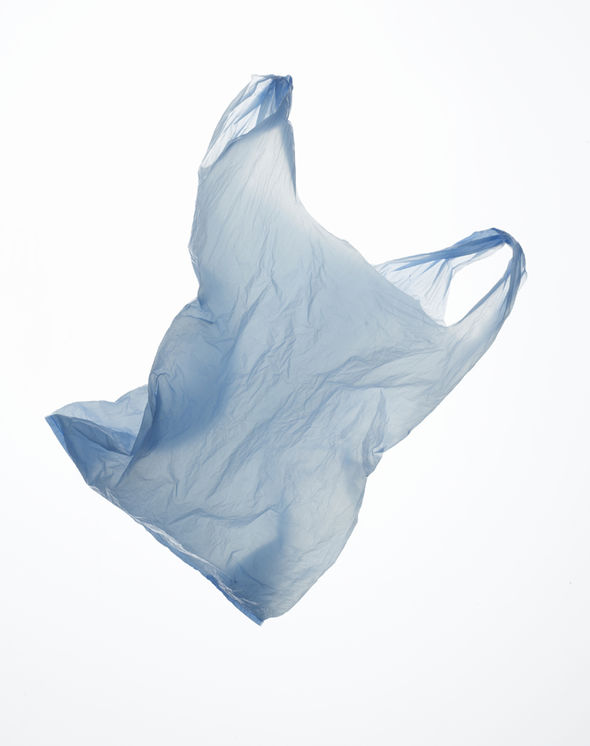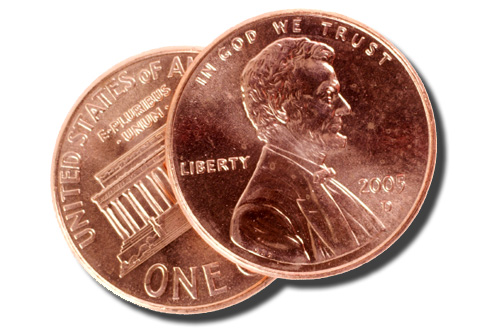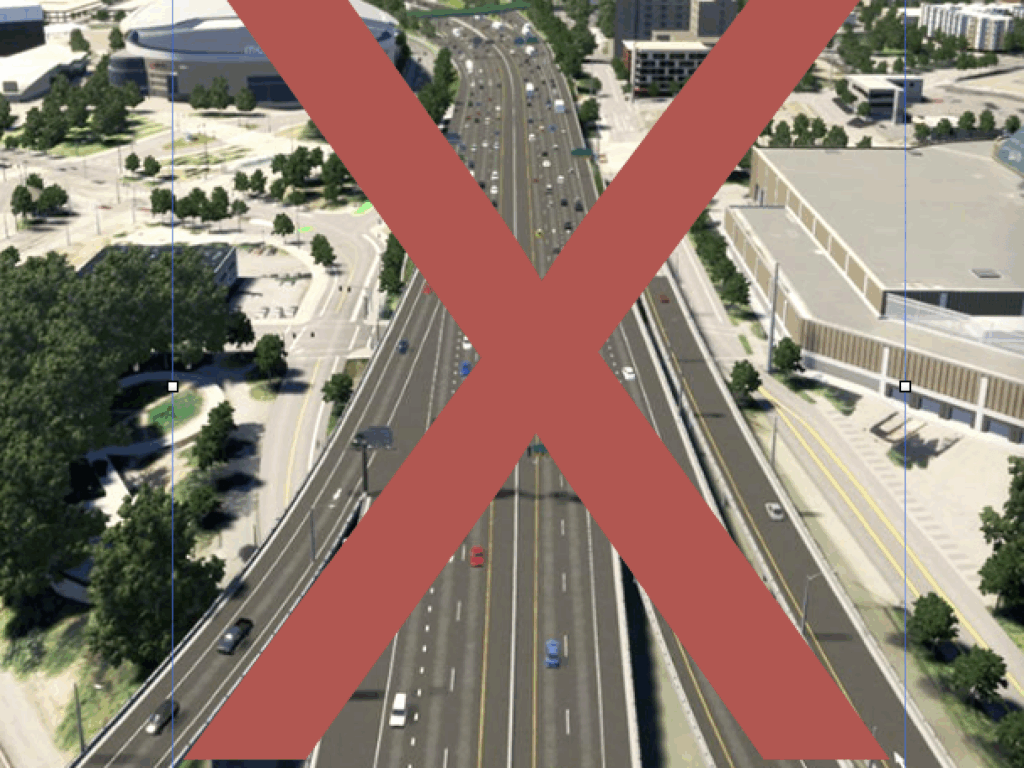Let’s put a price on using the atmosphere as a garbage dump for carbon
Earlier this week, Yale economist William Nordhaus was announced as this year’s co-recipient of the Nobel Prize in Economics (along with Paul Romer, who we profiled yesterday). Nordhaus is a pioneer in environmental economics and has his research has laid the foundation behind using a carbon tax to counter climate change. While Romer’s research deals with knowledge as a “public good,” Nordhaus has explored climate as a public good. His views are summarized by global advocates for carbon pricing:
“Climate change is a member of a special kind of economic activity known as global public goods.” To solve this problem, “At a minimum, all countries should agree to penalize carbon and other GHG emissions by the agreed upon minimum price.”
Charging a fee for using the atmosphere as a garbage dump for carbon would create incentives both to cut down on damaging emissions, to invest in cleaner sources of energy and transportation, and to more quickly come up with ideas and technology for fighting global warming. While it seems like a heavy lift, the carbon tax would be the most subtle and systematic way to inform the decisions of producers, consumers and investors in a way that would lead to lower carbon emissions.
A simple analogy: a fee for disposable bags
For some time, Chicago has been charging shoppers a 7 cent fee for using disposable grocery bags. Rather than banning the bags outright, the city settled on the fee as a way to preserve consumer choice and yet encourage less use of plastic bags. Those who don’t bring their own bags to the store pay a the 7 cent fee, which is itemized on their receipt; grocers keeps 2 cents for their trouble, and the nickel per bag goes to the city. (Other places have enacted similar fees: in the UK, shoppers pay 5 pence for plastic bags).

Initial reports offer a good news/bad news story about the impact of the fee. It’s generating substantially less revenue than the city had hoped, but that’s because with just this small financial incentive, shoppers have quickly changed their behavior. Consumers are bring their own re-usable bags to the store, and plastic bag consumption is down by more than 40 percent. The Chicago Sun Times quotes one of the researchers studying the impact of the bag fee on consumers:
They recognize “that this bag is something that was free, and now it’s not,” Palmer said. “Every time customers go to a grocery store, they see that 7-cents-a-bag tax on their receipt.”
The relative ease and simplicity of the bag fee got us thinking about how we might apply the same idea to another, somewhat more serious environmental problem: climate change. What would happen if we asked consumers to pay, say 2 cents per pound, for every pound of carbon that they emitted into the atmosphere? If consumers got some small signal that dumping carbon into the atmosphere wasn’t “free” then they’d have a strong incentive to change their behavior.
Of course, this actually isn’t a new idea. But how we package it is important. Carbon tax advocates have always talked about pricing in “dollars per ton” but that puts it a little bit out of the reach of daily life and the average consumer. Talking about pounds of carbon makes it a little bit more comprehensible, and puts it in the same context as the plastic bag fee. Is it unreasonable to ask everyone to pay, for example, just two cents for every pound of carbon they emit?
And two cents is pretty darn close to the correct number. While there are various recommendations for the appropriate level for a carbon tax, currently a number of experts are suggesting something like a tax of $40 to $80 per ton. Divide that number by roughly 2,000 (we’ll just ignore whether the experts want that tax for a metric or an imperial ton) and a $40 per ton tax on carbon works out to about a 2 cents per pound tax.

Just to put that in perspective with our shopping bag, recognize that a typical polyethylene shopping bag weighs about five or six grams. So Chicago is charging consumers about 1 cent per gram for their shopping bag. That’s roughly 200 times more than a 2 cent per pound tax on carbon (about 450 grams in a pound, so our 2 cents per pound tax works out to less than .005 cents per gram).
What does that mean in practice? Consider our most common form of carbon emissions: driving a gas-powered car. If your car gets 20 miles per gallon, it produces about one pound of carbon per mile. There are slightly more than twenty pounds of carbon generated by burning a gallon of gas, so a five-mile round-trip to the store would generate about five pounds of carbon, which would cost you a dime with our proposed 2 cents per pound carbon fee. So in this scenario, if you’re buying two bags of groceries, your bag fee (in Chicago) would be 14 cents and your carbon emission fee would be 10 cents. Although if instead of driving your car, you rode your bike, and brought your own bags, you could save almost a quarter.
As a result, the fee we’re talking about to save the planet is not out of line with what we’re perfectly willing to ask consumers to pay to discourage the visible, but largely nuisance effects, of plastic bags.
A small fee, say 2 cents a pound on carbon would send consumers small, but pervasive signals about the effects of their buying choices and travel behavior on the environment. Sometimes–just as when you forget to bring your own bag, you might be willing to spend the 7 cents to have the convenience of a plastic bag, you pay for the privilege (and in the case of a carbon fee, generate revenue that could be used to reduce our dependence on fossil fuel, and offset the regressive effects of the tax). But overall, the fee would bias consumer (and investor) decisions in favor of all kinds of things that resulted in lower carbon emissions. It would make solar energy, and electric cars, and walkable urban places more economical, and make fossil fuel, gas-powered cars, and sprawl even less attractive than they are today. It would automatically reward businesses, inventors, and investors who came up with lower carbon ways to get all of the goods and services we value. It would gradually, but powerfully push us in the direction of lower carbon emissions and greater sustainability.
Shopping bags are a visible, annoying form of pollution. The are a regular feature of litter almost everywhere in the world. And while they’re a blight, and an unnecessary one, the fact is we’re willing (at least in Chicago) to make consumers pay a fee that reflects the environmental damage they cause, and to give a gentle nudge to their behavior in a direction that is better for the environment. And it’s working–plastic bag use in Chicago has dropped 42 percent already.
So why aren’t we willing to do the same with carbon? Perhaps its as simple as this: Carbon dioxide (the most common form of carbon pollution) is invisible. We can’t see it. If you’re car exuded fist-sized lumps of carbon at the rate of one per mile and they cluttered the roadway, we’d probably acknowledge the problem and agree to do this almost instantly. But the carbon evanesces into an invisible–and global–atmosphere, slowly, but surely raising global carbon levels and steadily raising the planet’s temperature. Plastic shopping bags aren’t an existential threat to the planet, so why are we willing to charge consumers 200 times as much (per pound) for these bags as we would charge for carbon emissions?
Is a couple of pennies a pound for carbon pollution too much to ask? The work of Nobel Laureaute William Nordhaus suggests that it would be the cheapest and most effective way to make a difference on climate change.

